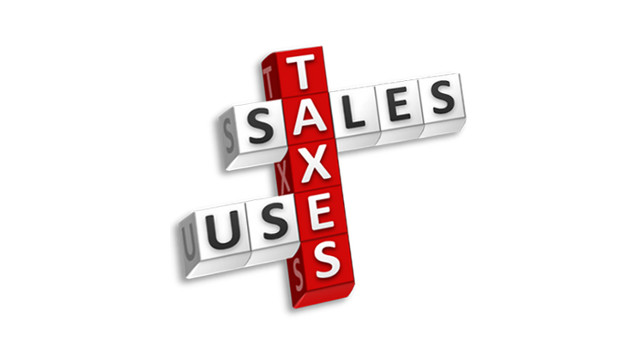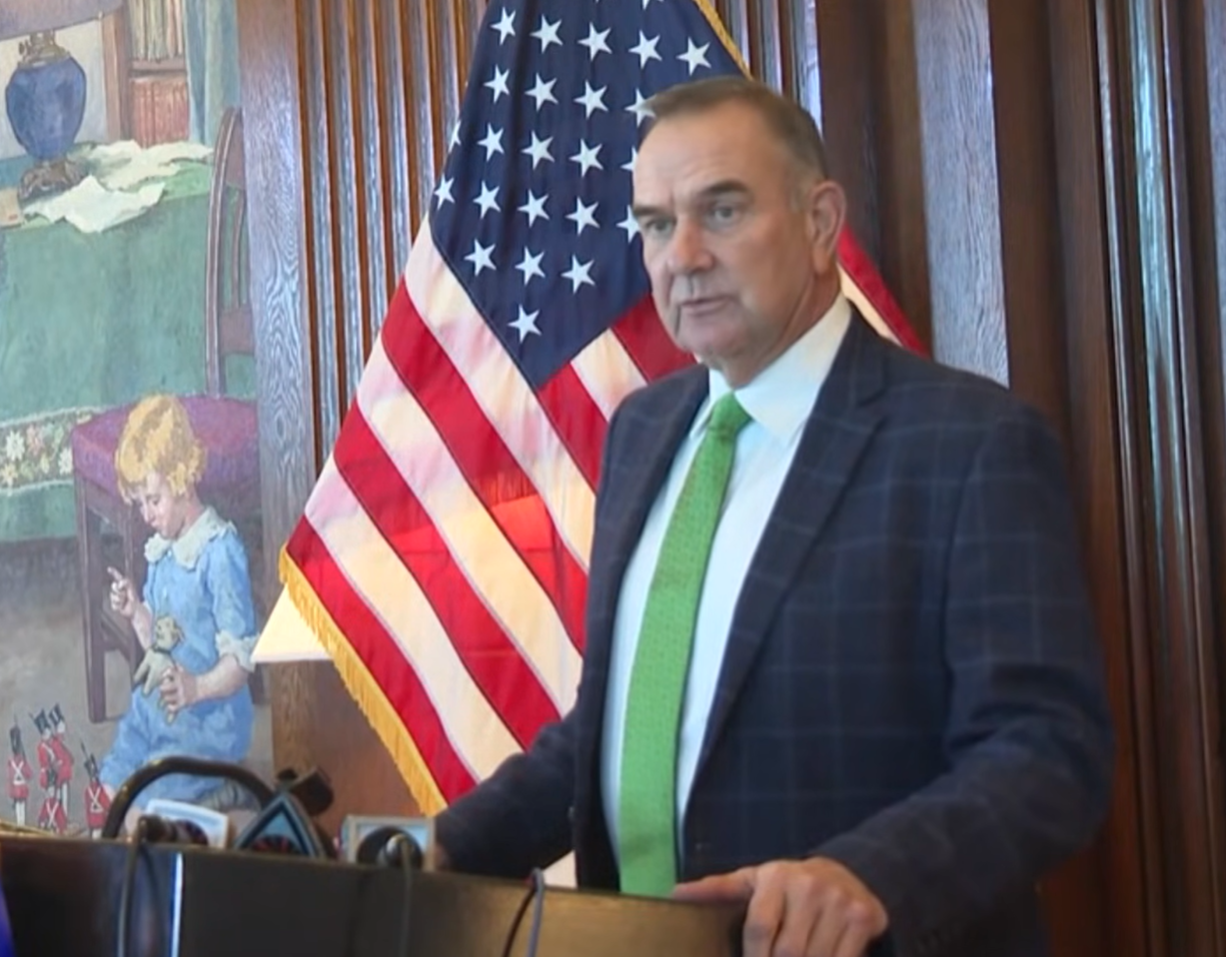The Louisiana Supreme Court is currently deliberating a case that could have an enormous impact on marketplace facilitators in Louisiana.
Who owes the tax on marketplace sales?
The state’s highest court is being asked to decide who’s responsible for collecting and remitting Jefferson Parish sales tax on marketplace sales (essentially, who’s the “dealer”). Is it the marketplace facilitator, Walmart? Or is it the individual marketplace seller?
Plaintiff Newell Normand, the sheriff and ex officio tax collector for Jefferson Parish, claims the responsibility lies with Walmart. In 2017, he handed Walmart a bill for more than $1.8 million in unpaid Jefferson Parish tax for the period of 2009 through 2015.
Walmart collected and remitted Jefferson Parish taxes on its own sales into the district during that time, but not on the sales it facilitated for marketplace sellers. The company is fighting the assessment; it insists the individual marketplace sellers are the dealers, and thus responsible for sales tax.
Walmart isn’t the first marketplace facilitator to take this stance, and it isn’t the first to be challenged on this issue. Amazon and South Carolina have been embroiled in a lengthy battle over marketplace sales tax. Recently, a South Carolina administrative law judge found in favor of the Department of Revenue, though Amazon could still appeal the decision.
The Amazon case in South Carolina doesn’t necessarily set a precedent for the Walmart case in Louisiana because while there are similarities between the two cases, there are also key differences.
In both cases, the businesses admit to having sales tax nexus with the tax jurisdiction. Amazon has a physical presence in South Carolina, and Walmart has a physical presence in Jefferson Parish, Louisiana. Neither Amazon nor Walmart contested their status as the dealer of their direct sales.
Yet the two states have very different policies regarding marketplace facilitators.
The states’ stances
The state of South Carolina has a unified position on who’s liable for marketplace sales taxes. After the legal dispute with Amazon began, South Carolina enacted a law requiring marketplace facilitators with South Carolina nexus to collect and remit the tax on third-party sales in South Carolina. More than 35 other states have similar marketplace facilitator laws.
Louisiana has no such law. It did enact an economic nexus law requiring out-of-state businesses with a certain threshold of sales in the state to collect and remit sales tax, and early versions of that legislation included a marketplace facilitator provision. But it was left out of the final law
Furthermore, prior to Jefferson Parish’s 2017 assessment on Walmart, the Louisiana Department of Revenue audited Walmart and found the company not liable for state sales tax on its third-party sales (hat tip to Bloomberg Tax).
As of this writing, Louisiana law doesn’t consider a marketplace facilitator to be the “dealer” of its third-party sales. How, then, can Jefferson Parish say that Walmart is?
Home-rule complications
Louisiana is a home-rule state where local tax jurisdictions administer and collect their own local taxes. And unlike the Louisiana Legislature and Louisiana Department of Revenue, Jefferson Parish tax authorities clearly believe Walmart is liable for Jefferson Parish sales tax on all marketplace transactions.
Two lower courts have sided with Jefferson Parish. However, several organizations have submitted an amicus curiae in support of Walmart, including the Chamber of Commerce of the United States of America, the Council on State Taxation (COST), the Retail Litigation Center, and the Tax Executives Institute. They believe it’s up to the Louisiana Legislature to decide whether marketplace facilitators should be liable for the tax on their marketplace sales.
Some interested parties worry that if Jefferson Parish wins this case, other Louisiana parishes could follow its lead and define “dealer” differently than the state. If this happens, other marketplace facilitators that have a physical presence in a parish could face the same fate as Walmart — and Walmart could be required to collect local tax on third-party sales in multiple jurisdictions in the state.
Of course, a win for Jefferson Parish could also inspire the state to change the definition of “dealer” so marketplace facilitators are required to collect and remit the tax on behalf of marketplace sellers — though that will probably happen even if the Supreme Court rules in favor of Walmart. Scott Peterson, VP of Government Relations at Avalara, believes the Louisiana Legislature will almost certainly enact a marketplace facilitator law when they reconvene next March. If they do, Louisiana’s sales tax collection requirement would likely also apply to remote marketplace facilitators that have economic nexus with Louisiana.
What that would mean at the local level remains to be seen. Louisiana has yet to enforce its remote sales tax collection requirement because it’s still trying to figure out the best way to go about it. The Louisiana Sales and Use Tax Commission for Remote Sellers is on the job, working to replace the current reporting system — in which a seller has to file a state return and multiple local returns — with a centralized state and local sales tax return. However, this would likely only be for remote sellers, not businesses like Walmart that have a physical presence in the state.
According to the commission’s Notice of Intent, “All policy statements or guidance issued by the commission are binding regarding only the state and local taxes collected by the commission.” Peterson explains: “What’s confusing about the intent statement is that it will apply to the home-rule jurisdictions when it comes to remote sellers, but not for sellers with physical presence. If Jefferson Parish wins, they can require marketplaces with a physical presence in the parish to collect on all sales — but they can’t require the same from marketplaces without physical presence. Only if the state adopts a marketplace law will home-rule jurisdictions have authority, but then only if it is administered through this commission.”
Other states, notably Alabama and Texas, have simplified local sales tax administration by instituting a single use tax rate for remote sellers. Although Louisiana currently has a single consumer use tax rate that Louisianans must pay when remote sellers don’t collect the tax due, it plans to repeal the single use tax rate once the state starts taxing remote sales.
The Louisiana Supreme Court heard oral arguments for Normand vs. Wal-Mart.com USA, LLC, La., No 2019-C-263, on October 22, 2019.
[This article first appeared on the Avalara blog.]
—-
Gail Cole is a writer for Avalara.
Thanks for reading CPA Practice Advisor!
Subscribe Already registered? Log In
Need more information? Read the FAQs




